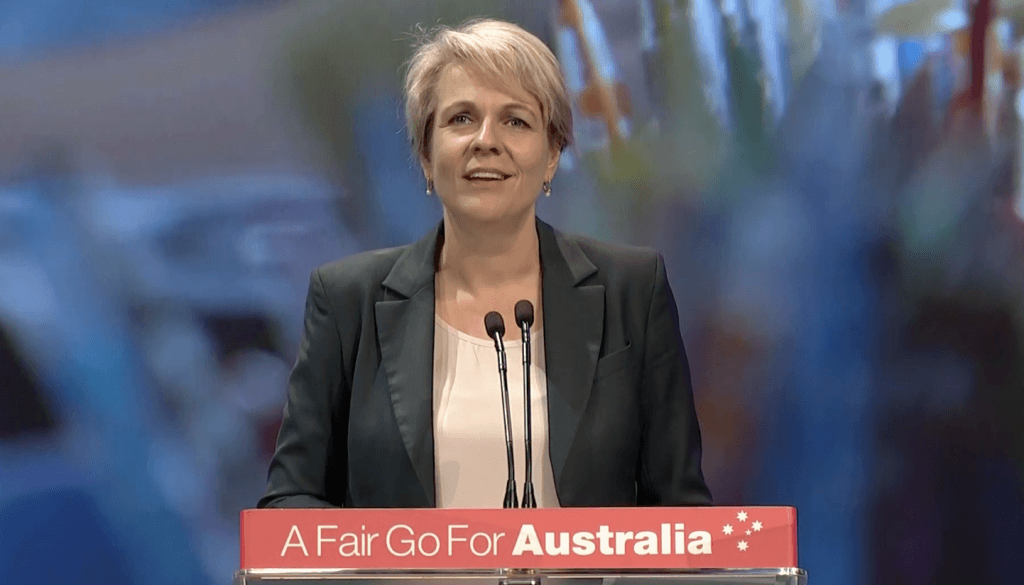Speaking at Labor’s annual conference this week, Shadow Deputy PM and Minister for Women Tanya Plibersek, alongside workplace relations spokesperson Brendan O’Connor, promised a significant restructure of the Fair Work Commission to help make equal pay a priority.
As part of the strategy, Labor will appoint a Fair Work Commission president who will head a pay equity panel. The panel will review and make decisions on pay disputes guided by a new equal remuneration principle.
Measures to fairly compensate workers in female-dominated industries such as early-childcare and nursing would also take precedent, with Plibersek acknowledging that substantial pay gaps exist across gender-dominant industries.
“One of the key drivers of the gap is the fact work in traditionally female-dominated industries is undervalued,” Plibersek and O’Connor said in a statement.
“The average woman working in the most feminised industries, such as healthcare, social assistance and education, is paid around $30,000 less than the average man working in the most male-dominated industries such as mining and construction.”
Plibersek emphasised that a structural overhaul would ensure low paid workers — too often exploited– would be supported in their pursuits of more equal work conditions and pay.
“We don’t need to compare female-dominated jobs with male-dominated jobs to know that female-dominated industries are often poorly paid – that’s just a fact.
“Low-paid workers should not have to rely on fighting complex, expensive legal cases to secure a decent wage rise.
“We will change the Fair Work Act to make it clear that establishing undervaluation of female-dominated industries does not require a male comparator.”
According the Workplace Gender Equality Agency, the gender pay gap sits at around 14.6 per cent.
“The gender pay gap is one of the most persistent forms of inequality in the Australian economy,” said Plibersek.
At the conference in Adelaide, Labor also announced a $14 billion funding increase to public schools over the decade, a significant and immediate increase in Australia’s intake of refugees and an urgent review of Newstart.

